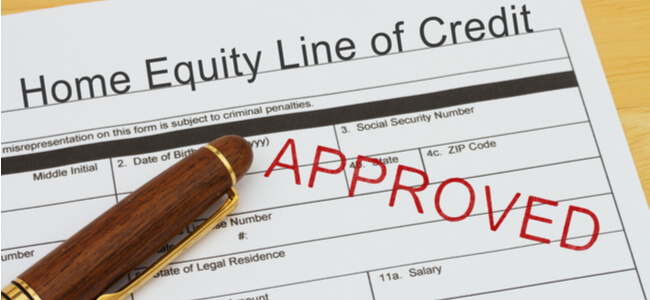How Can You Reverse Bad Credit?

Your credit report and score are important factors that determine your creditworthiness when you borrow. If you have bad credit or negative information in your report, your chances of borrowing approval is diminished.
You must repay regularly and on time to improve your score and boost your chances of qualifying for a loan with better interest rates and terms. Addressing your outstanding issues is the first step in the right direction.
Here is a detailed guide that can help you overcome the problem of bad credit.
Open New Credit Accounts
Many people that find themselves in a difficult financial situation do not have credit cards. There is a general fear that credit cards lead to more bad debts. However, rebuilding your credit without them might actually be more difficult.
So, what is the best way to rebuild bad credit fast?
The answer might surprise you, but you can actually use credit cards to rebuild credit. This method is the quickest way to start to build a payment history and show credit bureaus that you make payments each month, and on time.
However, it is crucial that you do not apply for several cards at once because each application will receive a hard credit check, which will lower your score for a period of time.
Another thing to look out for is subprime cards, which trap people with bad finances. These cards come at high rates and fees, which could land you in more trouble. You should also avoid prepaid cards because they will not help you build a payment history as they do not get reported to credit bureaus. Secured credit cards which require a deposit are a smarter choice.
Develop Better Credit Habits
If you want to build better credit, it is important to work on behavioral changes. You must eliminate the habits that led to problems in the past. You might end up back where you were if you do not adjust your habits.
It is important to clear your balances on time, not invest in things you cannot afford, and not just pay the minimum amount each month towards debts. If you make timely repayments towards your debts and remain below credit card limits and suggested utilization ratios, you will gradually see a rise in your score.
Ensure You Pay On Time
Rebuilding your credit depends on how dedicated you are towards your monthly repayment schedule. Some payments do not get listed on your report. However, if you do not repay them in a timely manner, it will only be a matter of time before they appear.
No matter how small the bills are, like medical bills, pay them on time. Lenders use debt collection agencies to get back their money from defaulters. If one of your accounts goes to a debt collection agency, it will also be reported to the credit bureaus. These records remain on your report for around seven years, which will erase all the hard work you have done to improve your scores.
How Long Does It Take?
When you have too many inquiries or negative information on your report, you must start making timely payments to clear your debts. However, be aware that you will only see gradual progress because there are no quick fix solutions.
Several factors decide your scores, and the time to build your history will depend on each one of them. The negative information on your report can remain for a number of years:
- Public records like bankruptcies appear for seven years and could sometimes be 10 years
- Inquiries remain for two years
- Delinquencies continue to appear for seven years
There are no quick fixes, because rebuilding and improving your scores is a gradual process. You should start by checking your report, which you can request for free from one of three major bureaus. Learn what information appears on the report and the areas of concern. Study the factors that are affecting your scores and look for measures to overcome them.
If you have made mistakes in the past, recognize them and work on changes in behavior to build better finances. Adopt best practices and follow them consistently and you will slowly begin to see progress towards a life with a better credit score.
Conclusion
A good score and history is an indicator of your overall financial health. It is especially important when you are seeking to borrow money at the best interest rates and terms.
The first step towards overcoming bad credit is by improving your score with action. This will happen only when you remain dedicated to your monthly repayment schedule. Remember to borrow only what you need to avoid falling into a debt trap.



